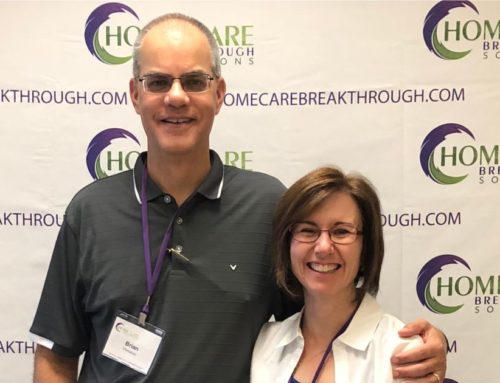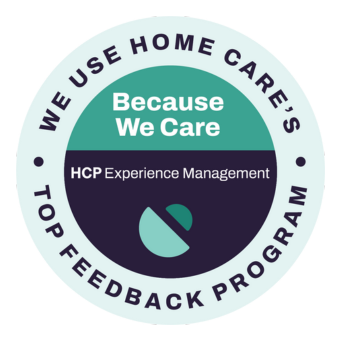
Elderly Care in Cary NC: Chicken Pox and Shingles
You remember it: the bumps, the burning, and worst of all, the itching! Nothing was worse than the itching – it felt like thousands of mosquito bites all over your body! They never stopped itching, tempting you to spend your whole day scratching them, even though your parents kept telling you to leave them alone. It might have been the most miserable few weeks you ever spent as a child, all because of chicken pox.
Back before there was a chicken pox vaccine to prevent children from contracting chicken pox in the first place, nearly everyone experienced this childhood malady, even your aging loved one. Once it was gone, it was gone, though, which is great… except now we know that it never really leaves the body, it just goes dormant.
For most people, even though the virus is still inside them, it never becomes active again. For others, though, the virus can be reactivated when they reach old age. When this happens, a painful, burning, itching rash forms, usually as a stripe around one side of the torso, and it feels even worse than the chicken pox. This resurrection of the virus is called shingles, and it is most common in people aged 60 or older.
Although some people can have shingles without ever having had chicken pox, for most people, shingles is a result of having that virus as a child. When the pox disappeared, the virus didn’t – it stayed behind, inactive, sitting in the nerve tissue around the spinal cord and brain stem. For some people, it never becomes active again. For others, though, it is a major problem.
If you are responsible for the elderly care of an aging parent of loved one, you might be feeling worried now. What causes the virus to reactivate? And can you stop it from happening?
The answer to the first question is unclear. Doctors and scientists believe, though, that stress, combined with the weakened immune system that comes with old age opens the body up to infections, and reawakens the dormant virus.
The response to the second question might be a bit more helpful, however. Just as there is now a vaccine that can prevent the chicken pox virus, there is also a vaccine that can prevent your loved one from getting shingles. This vaccine is mostly given to the elderly (people over the age of sixty, in this case), because this group is the most at-risk for shingles.
Leading a healthy, active lifestyle can also help prevent shingles as well, because it helps to support the immune system and reduce stress. If the body is sound and fit, there is a lower risk of contracting any illness, even shingles.
If your loved one does contract shingles, though, it is luckily not a fatal illness. They will feel awful for quite a while, but with the help of salves, medicines, and perhaps even some diet changes, they will survive it, and live to tell the tale of how they beat that dreaded childhood chicken pox malady a second time.
If you or an aging loved one are considering elderly care in Cary, NC or the surrounding areas, please contact the friendly staff at HomeChoice Home Care Services. Call today (919) 847-5622
Source:











